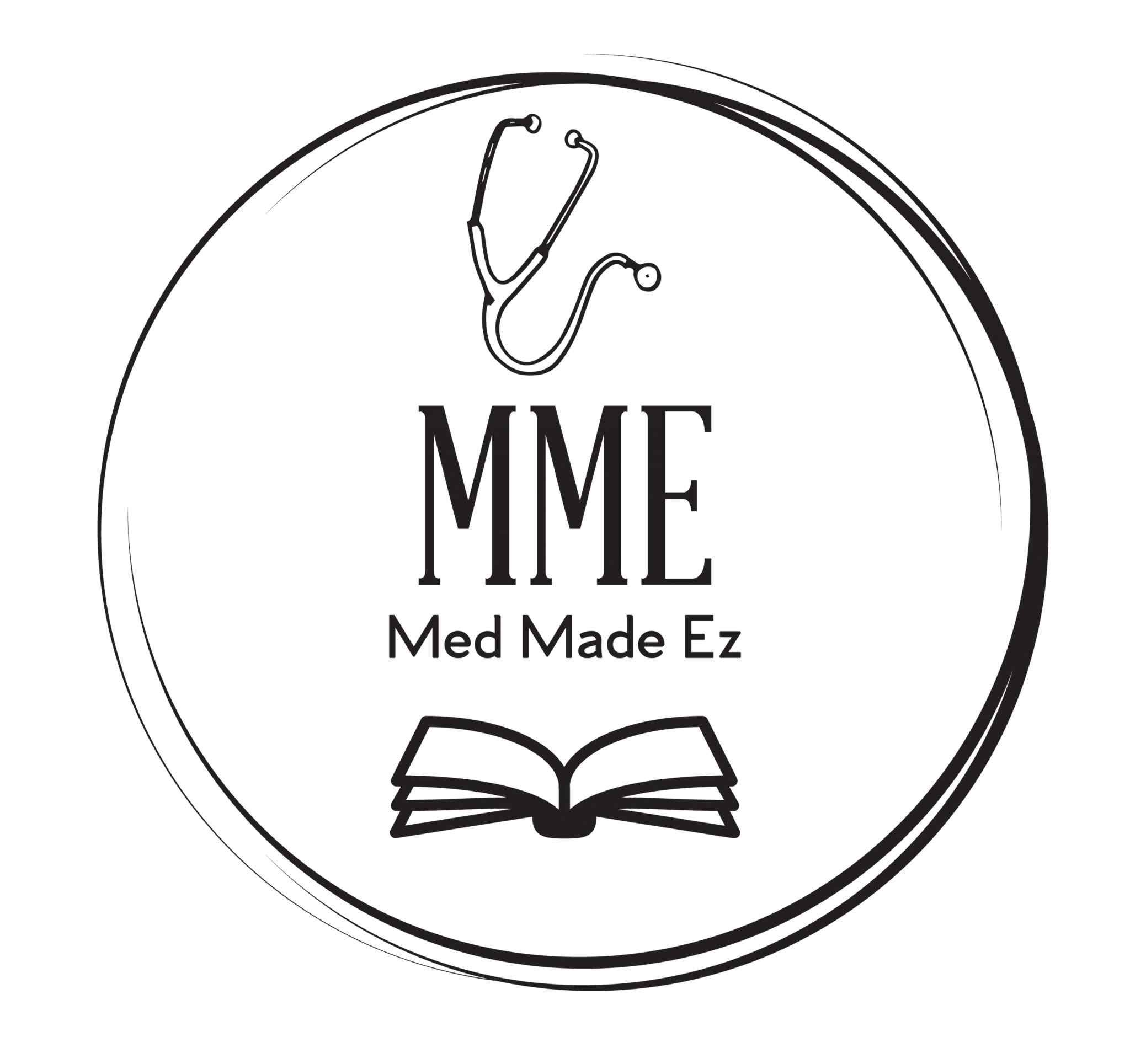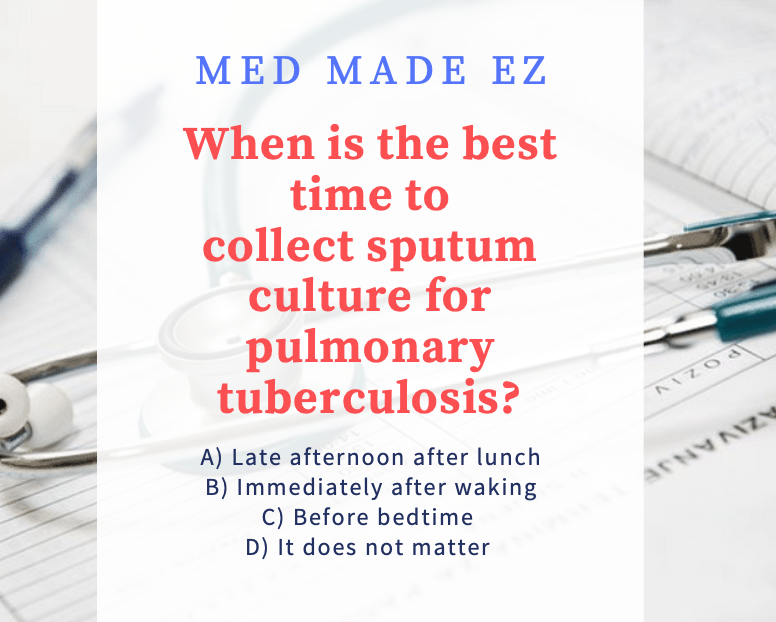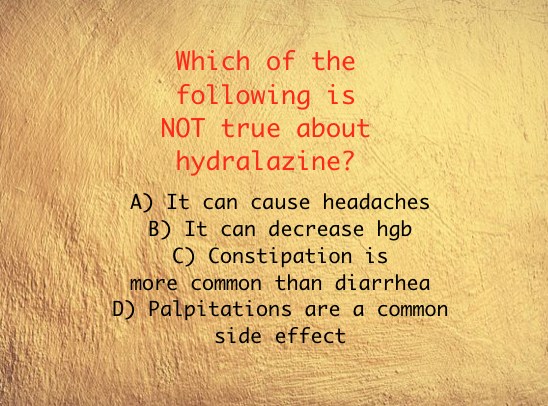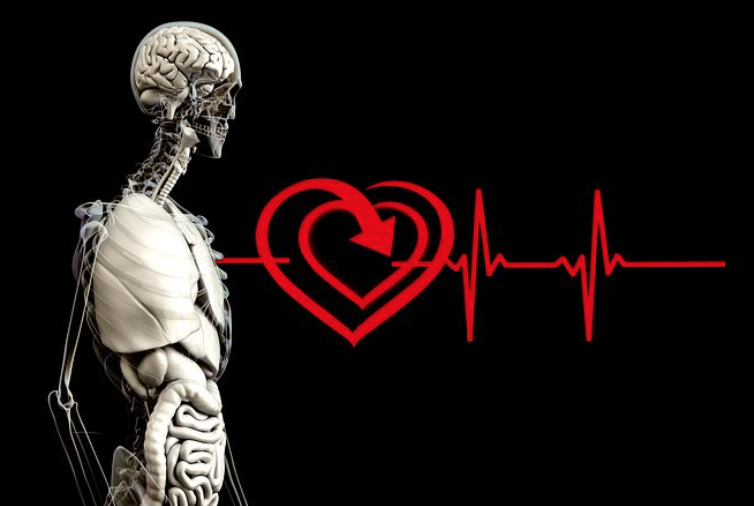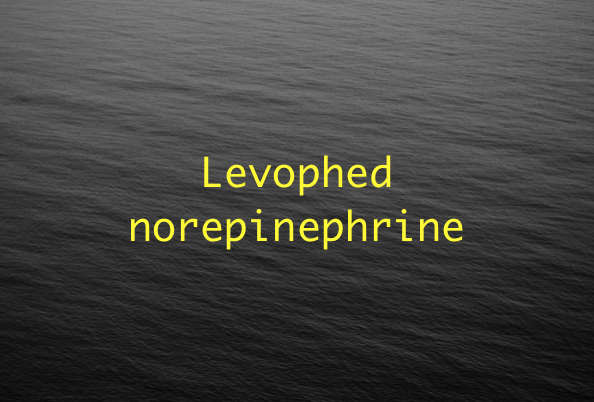WANT THE MOST CURRENT QUESTIONS SENT TO YOU? SIGNUP:
[jetpack_subscription_form]
Are you a nursing student? New nurse? Studying for NCLEX? Nurse practitioner (or student)? Medical student? Seasoned nurse? Physician assistant (or student)? Or just love to learn about medical stuff? Med Made Ez Youtube channel is the channel for you!
Example Video:
Nursing hacks, study tips, NCLEX questions, diagnosis made easy, pharmacology made easy, career tips, and so much more! Subscribe today, hit the notification bell to get the latest uploads!
TODAY’S TEST QUESTION:

CORRECT ANSWER:
C) Potassium 2.8, BP 210/101
-
Typically you are going to see a low potassium and a high blood pressure in these patients.
-
Hyperaldosteronism (primary) is an endocrine disorder.
-
Your adrenal glands produce a hormone that helps control blood pressure, potassium, sodium, and water in the body.
-
In this condition, the adrenal glands actually produce too much aldosterone.
-
This causes sodium and water retention and potassium loss.
-
The fluid and sodium retention cause an increase in blood volume, water retention and thus—leading to higher BP levels.
-
Typically these patients are treated with spironolactone and may likely need surgery as well.
-
Usually in this condition, the elevated blood pressure does not respond very well to typical antihypertensives.
-
References: healthline.com & epocrates
MORE TEST QUESTIONS:
- Steroid Cream
- Sitz Bath
- Cluster Headache
- Pronator Drift
- End Stage Renal Disease Diet
- Lochia Rubra
- Beefy Red Tongue
- Crutches
- Medication & Juice
- Teeth Clenching
- HELLP Syndrome
- Baby’s First Stool
- AND MORE TEST QUESTIONS
DISCLAIMER: The information posted is not intended to be medical advice. This is for educational purposes only. This information is intended for medical professionals & students. Check with your primary care provider if you have any questions regarding your health. This is not intended to guide in medical decisions or treatment in any way. As always, medical professionals should call the on call provider if any clarifications are needed. This is not intended to guide or direct medical decisions, treatment choices, and or interventions. State and hospital protocols should always be followed accordingly. Med Made Ez (MME) disclaims any liability for the decisions you make based on this information. This post may also contain affiliate links.
